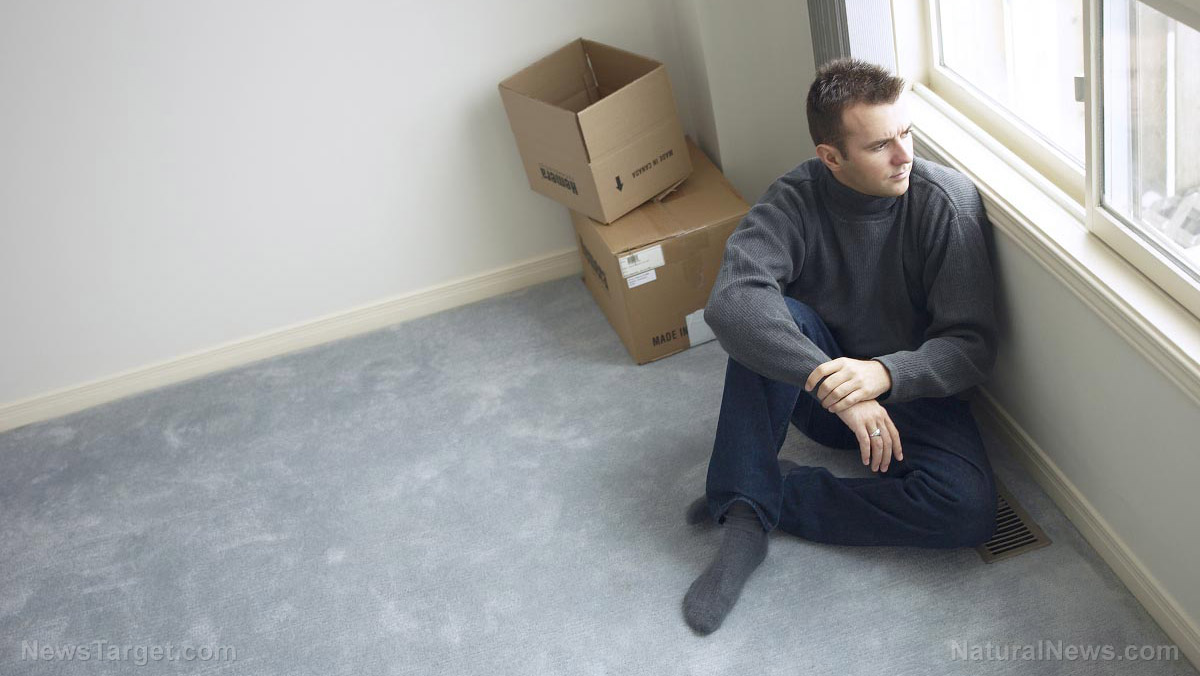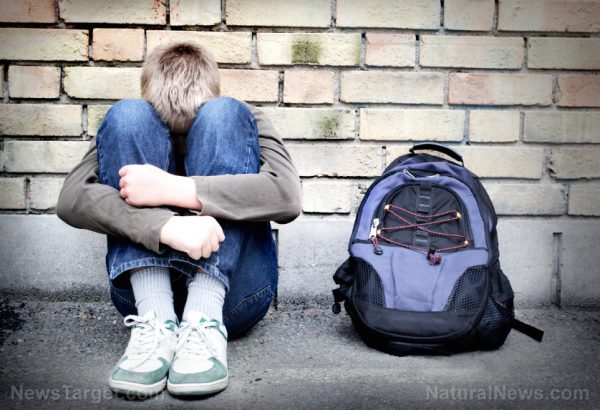Men are social beings, so they suffer a lot when they’re shut off from human contact. A new study revealed more serious consequences. It showed that loneliness can cause premature death.
Julianne Holt-Lunstad, Ph.D., professor of psychology at Brigham Young University brought this problem into sharper focus by presenting data from two meta-analyses. The first set of data consisted of 148 studies of over 300,000 people. It found that having more social connections reduces the risk of early mortality by as much as 50 percent. The second investigation, involving 70 studies on over 3.4 million people from North America Europe, Asia, and Australia, proved that social isolation, loneliness, and living alone might have a substantial and equal effect on premature death as do other risk factors like obesity.
Holt-Lunstad warns that the risk of social isolation and loneliness to one’s life can even exceed those attributed to leading health-related causes. She adds that an increasingly aging population is making the health hazard even more pronounced and we are now dealing with a “loneliness epidemic.”
She noted that the need for social interaction is innate in humans since the time they were born. She explained that this is why babies placed in custodial care, and who lack human interaction fail to develop and often die. She added that social isolation as a form of punishment is another way of showing its importance to human beings.
Still, the number of people living alone in the U.S. is growing. The American Psychological Association revealed that around 42.6 million adults over 45 in the U.S. suffer from chronic loneliness. Most recent U.S. census data also showed that over a quarter of the population lives alone, more than half remains unmarried and, as in an earlier census, marriage rates and the number of children per household have gone down.
She observed that this trend proves that Americans are becoming less socially connected, and more of them are becoming lonely.
Her recommendations include giving more priority to research and resources that deal with loneliness on personal and societal levels. She thinks schools should train children in developing social skills and doctors should be urged to include social connectedness in their medical screening.
She adds that people nearing retirement should prepare themselves, not just financially, but socially as well. This is so because many social ties originate from the workplace.
Holt-Lunstad also stressed that community planners should include shared social spaces like recreation centers and community gardens that foster community gathering and interaction.
How do you fight this modern-day scourge? Here are a few tips.
- Bond with your dog – Louise Hawkley, Ph.D., a research associate in the psychology department at the University of Chicago, thinks, dogs are an excellent countermeasure to loneliness. They get you out and about. They’re innately social creatures, and they love their human masters unconditionally. They also bring out your nurturing side. If you can’t take care of a dog, try looking after someone else’s pet. Or try having cats and fish as pets instead.
- Draw up a plan – Loneliness comes in two forms. The acute type arises from losing a loved one or transferring to a new place. The other is the chronic subjective type, which attacks even if you’re in several relationships. Both need a plan of action. One solution is looking for people who share your interest and meeting up with them. Another strategy is volunteering for a cause you believe in and developing a new hobby.
- Have faith – Hawkley says belief in a Higher Being is a proven way to fight loneliness. She explained that faith communities give many opportunities for positive social interaction and that the feeling that you belong is good enough. She added that faith helps you accept things you can’t control.
- Just do it — Do something. If it means striking up a friendly conversation with your next-door neighbor or the pizza delivery boy, go ahead. You may be surprised at how it makes you feel better.
So reach out. Be friendly. Fight loneliness. It may prolong your life.
Interested in learning more on how loneliness can affect your mental health? Visit Mind.news today.
Sources include:
APA.org
EverydayHealth.com
TheTravelHack.com


















